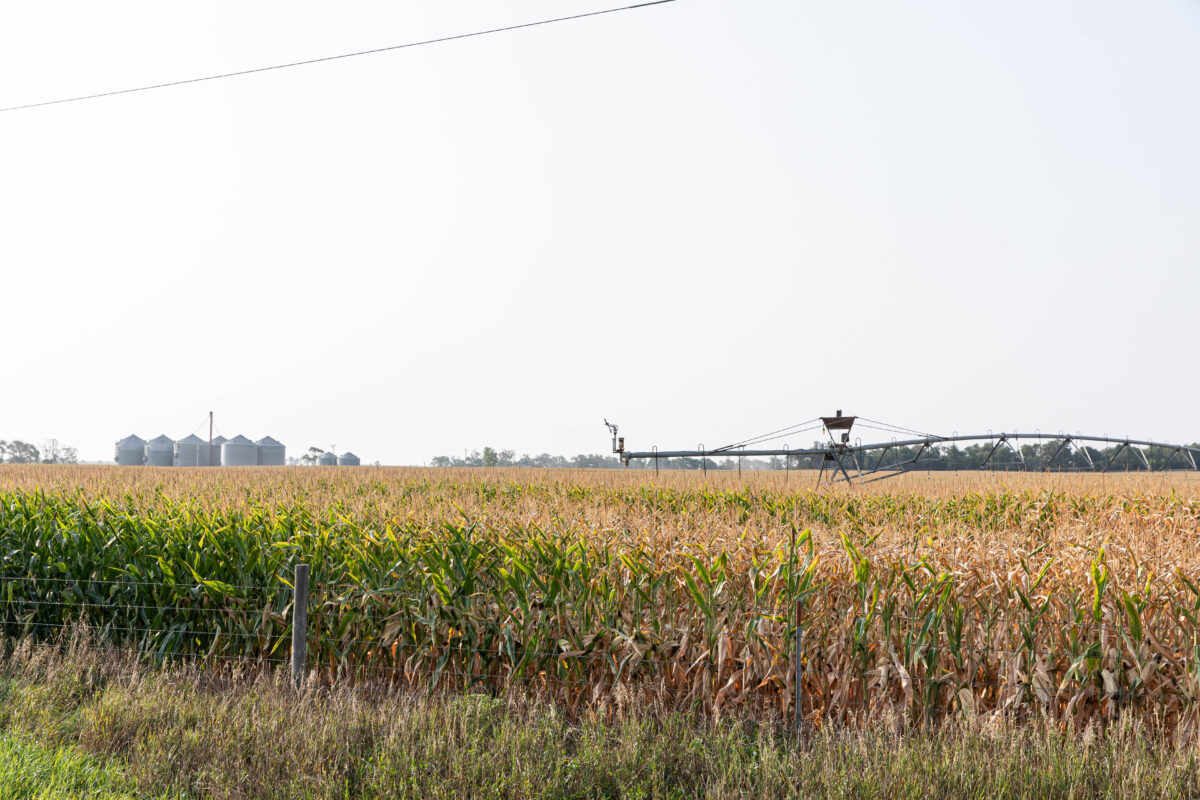Massachusetts Farm Bureau Helps Towns Write Ag-friendlier Regulations
Erin Anthony
Director, Communications

photo credit: AFBF Photo, Philip Gerlach
The growth of small-scale farms, along with the expansion of many existing farms, has led to a 30-percent increase in the number of farms across Massachusetts in the past 15 years. In addition, interest in local agriculture has inspired many homeowners to keep backyard chickens, goats and other livestock in residential areas where neighbors are far more comfortable with dogs and cats.
With suburban residents increasingly vocalizing their concerns about their neighbors’ flocks, however small, local boards of health, which have broad authority over backyard livestock operations, began implementing regulations that put unnecessary and often burdensome requirements on livestock owners—no surprise considering board of health officials’ lack of knowledge about livestock, according to Brad Mitchell, Massachusetts Farm Bureau’s deputy executive director.
“In most towns, board of health officials are elected. They typically know much more about the food code in restaurants or septic systems than they do about animal husbandry—and that was clear in the regulations they were drafting,” Mitchell said.
The regulations typically failed to distinguish between commercial and hobby farms, ignored laws protecting commercial agriculture and addressed issues—pesticide use, animal health and animal welfare—that were beyond the board’s authority.
Two of the largest problems were the restrictions on the number of animals per acre and default setbacks from property lines. “One of the things we would see is ‘one horse per acre.’ We have commercial stables with 15 to 20 horses on a couple of acres. Provisions like that would close them down.”
But the biggest concern, Mitchell emphasized, was bad regulations put in place in a handful of towns were becoming a regulatory template for other towns. With farmers’ only available recourse being taking the board of health to court on a case-by-case basis, Massachusetts Farm Bureau farmer members drafted their own model regulations.
For the first part of their two-part approach, Massachusetts farmers provided education on key issues, like how commercial farms differ from hobby farms, state laws protecting agriculture, basic feed and manure management, BOH authority and limits on that authority, and distinguishing between “best” and “normal” agricultural practices.
The second part was model regulations, written as BOH regulations would be, that steered clear of the problematic defaults—setbacks and animal-to-acre ratios—contained in some of already-implemented regulations.
Massachusetts Farm Bureau launched the effort by focusing on towns that were not only considering problematic regulations but that also had farmers with standing in the community. In addition, the organization enlisted the help of the Massachusetts Association of Health Boards.
MAHB “had recognized—because we brought this up early on—that bad regulations on farms were in conflict with their goal to promote a healthier diet,” Mitchell said. “We went into these boards of health meetings with [MAHB]. That brought us a lot of credibility. People listened to us a lot more.”
Massachusetts Farm Bureau also got officials’ attention through their Farm Bureau member networks. As a result, more town BOHs appear to be basing livestock regulations on Farm Bureau’s agriculture-friendly model. Although there are variations in how towns work with Farm Bureau’s template—with some towns going a little too far in certain restrictions—Mitchell noted that it’s still preferable to the previous models the towns were using.
Massachusetts Farm Bureau’s discussion and model regulations are available on their website here.
The model regulations garnered Massachusetts Farm Bureau a New Horizon Award from the American Farm Bureau Federation. The award honors state Farm Bureaus with the most innovative new programs. The award is presented annually at the AFBF Annual Convention.
Trending Topics
VIEW ALL